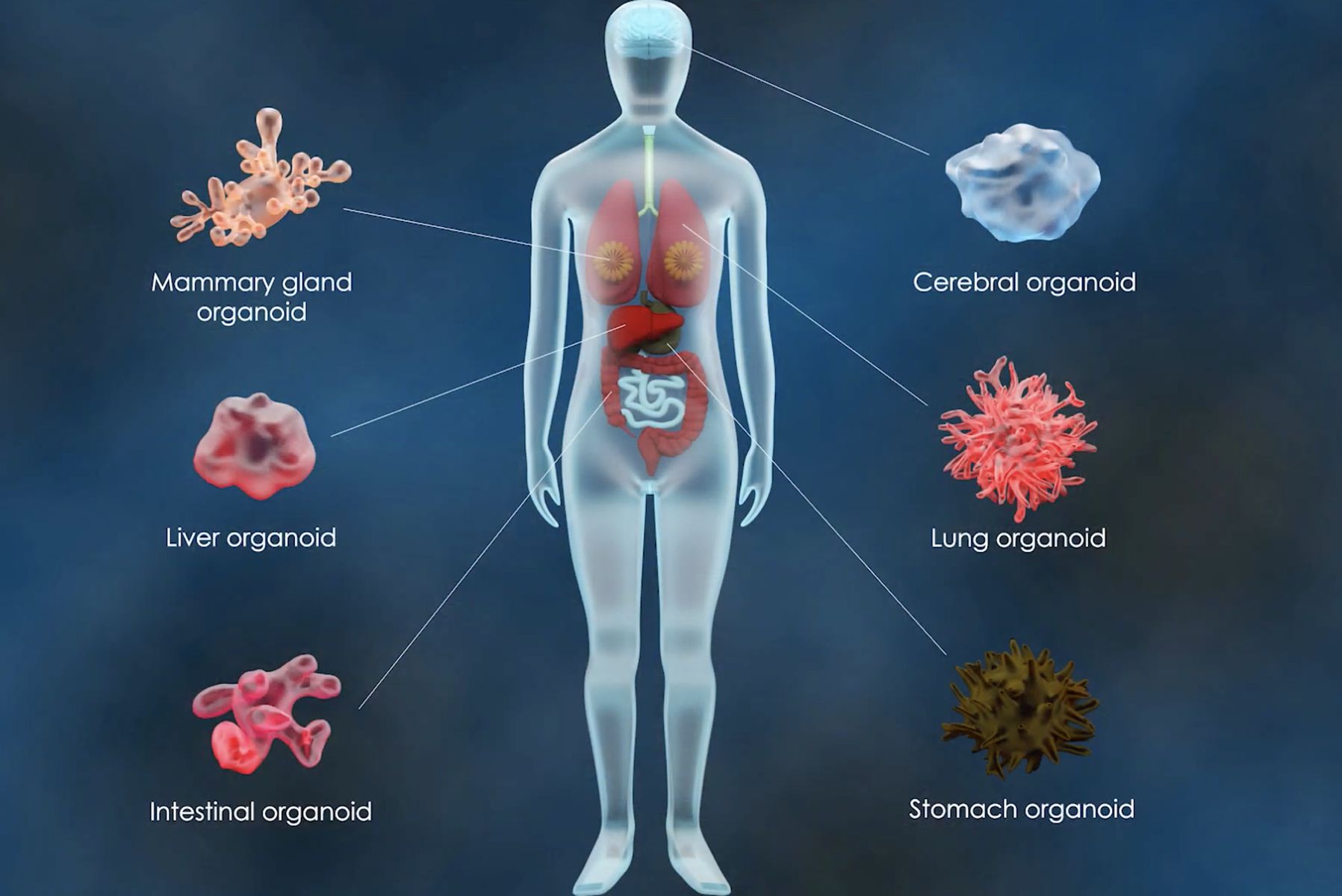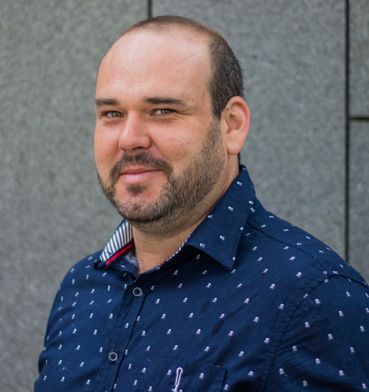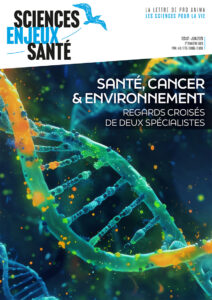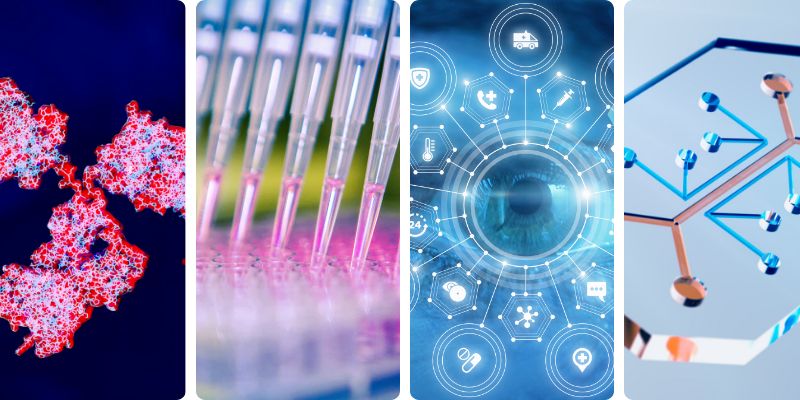
NEXPOCAN
New generation of patient-derived organoids for better cancer modeling
Jury Prize
(Encourages from the selection committee)
Dr Nicolas Aznar
CRCN CNRS
CRCL —Léon Bérard Hospital Center – Lyon
The development of drugs against cancer has an overall failure rate of 96% (including 90% during preclinical development). It is therefore clear that animal models such as the mouse are not sufficiently predictive to assess the clinical efficacy of drug candidates.
Therefore, there is an urgent need to establish new, more ethical, robust and reliable models in order to model more faithfully the morphological and molecular characteristics of various pathologies such as cancer for example.
Stem cells (SC) and their direct derivatives, organoids, offer promising prospects, without resorting to the animal model, in the modeling of diseases but also for studies on cancer stem cells (CSC) known to promote the initiation of tumor, metastatic spread, drug resistance and patient relapse. Indeed, high CS signature scores are statistically associated with a high risk of tumor relapse in patients with colorectal cancer, for example. Therefore, improving the maintenance of the CS phenotype in organoids through the development of more relevant culture conditions is therefore crucial to limit cell drift and increase data robustness.
The NEXPOCAN project will serve as a proof of concept on the feasibility of generating patient-derived organoid cultures in standardized and more reliable ways to improve (1) the success rate in the development of anti-tumor drugs thus paving the way for the setting up preclinical trials without animals, but also (2) developing more effective personalized medicine to treat patients.

Crédit image : Dr Nicolas Aznar, Centre de Recherche en Cancérologie de Lyon


